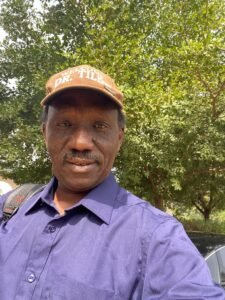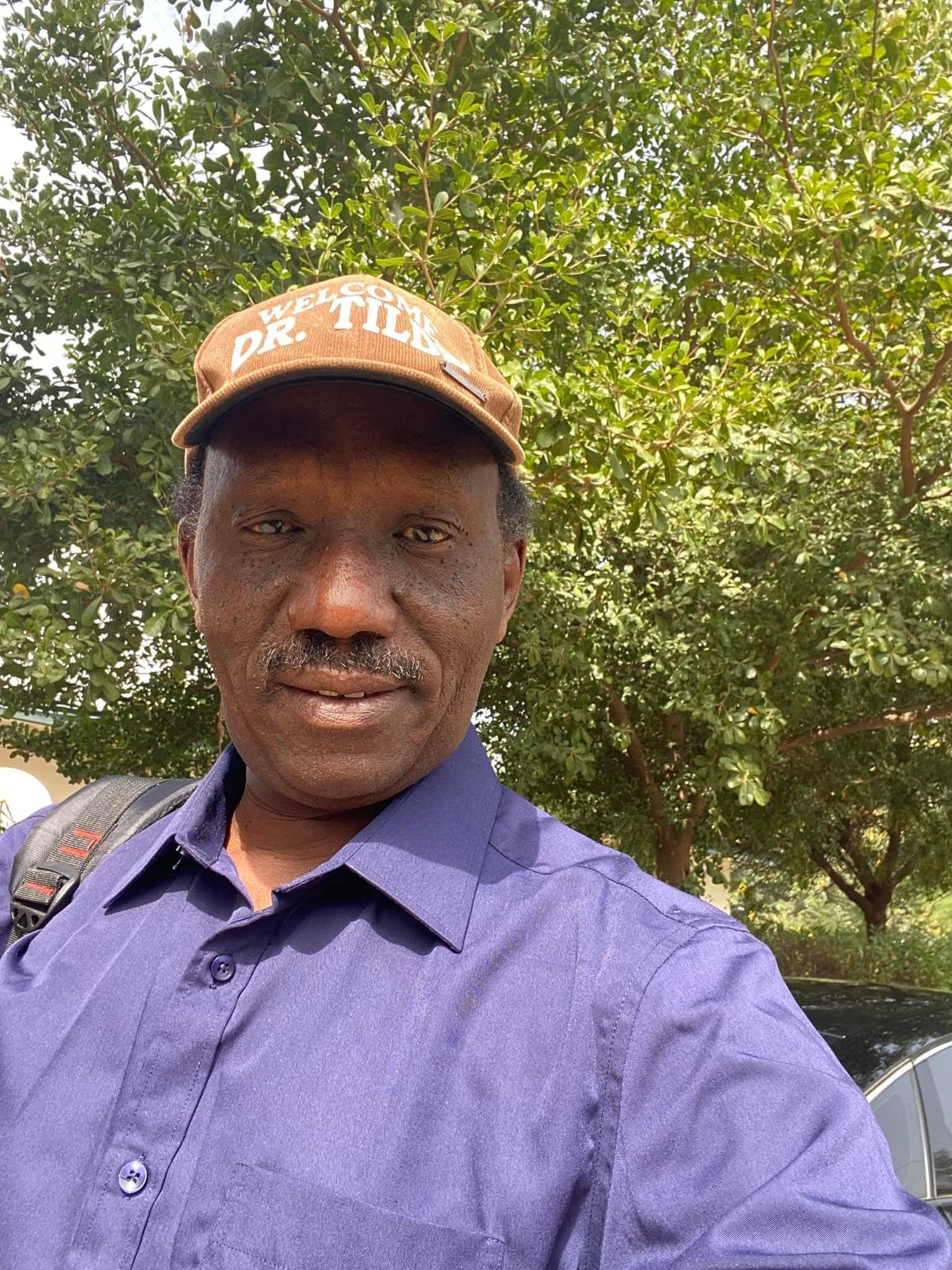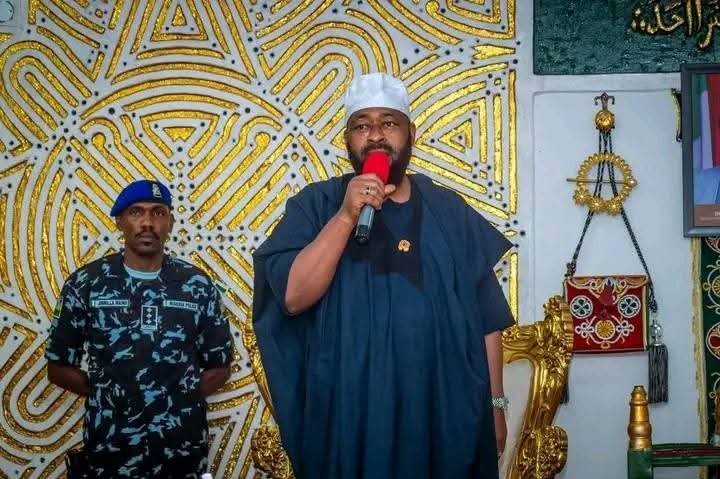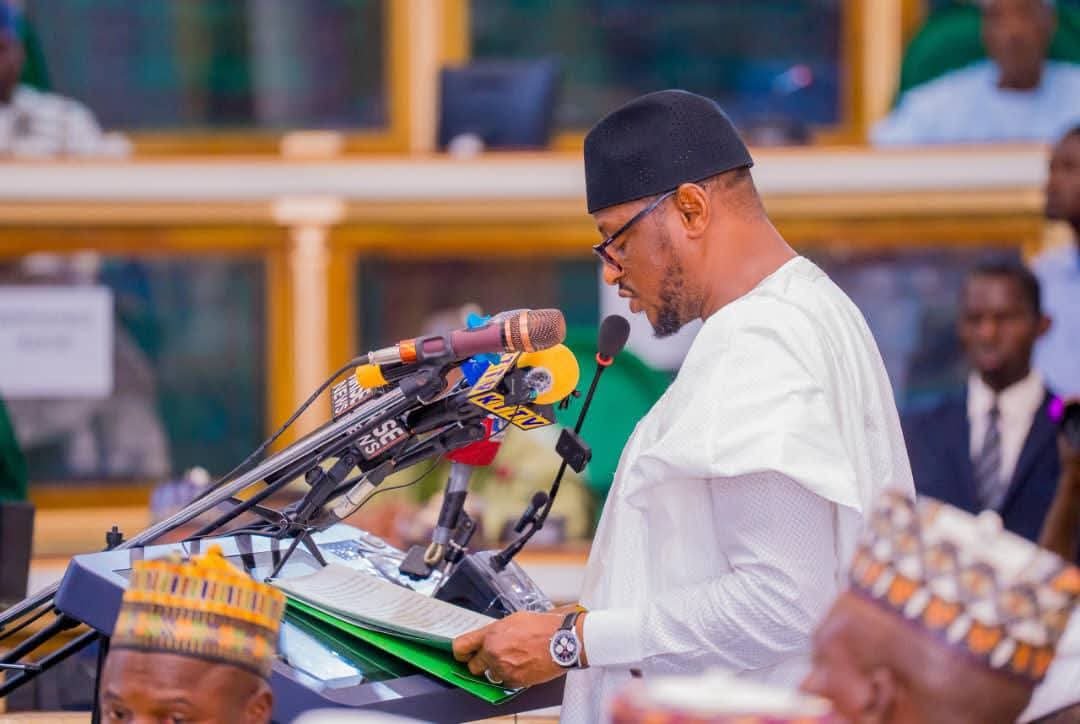Genocide Nomenclature in Nigeria
By Aliyu U. Tilde

International perception of religious conflicts in Nigeria is influenced by a propaganda that is overwhelmingly based on biased naming of their victims and perpetrators. When you search the Internet for the killing of Muslims in Nigeria by Christians, the best result you can get would be very scanty. But when you ask about Christian genocide, killings, etc., the result would be very lengthy. Something is amiss.
It is not that Muslims are not being killed by Christians or fellow Muslims. For twenty years, before Boko Haram and bandits started killing mostly Muslims, wholesale massacres of Muslims have been taking place in Northcentral Nigeria especially. And the mass killings have continued even after 2009 when Boko Haram appeared. However, the Internet turns blind when you search for them. Therefore, international observers hardly remember them and researchers hardly notice them. The reason is in the name.
Same Crime, Different Names
When the victim is a Christian, media reporters, who are predominantly Christians in the country, call them Christians, even in a conflict that may have nothing to do with religion. The headlines will quickly read: Fulani kill Christians, Christian communities attacked, genocide of Christians, etc. The Internet sees only what is posted.
On the flip side, when the victims are Muslim, they are given neutral names: villagers, worshippers, civilians, locals, people, Nigerians, etc. The 25 abducted Kebbi school girls are called “school children”, not “Muslim school children”. Their religious identity is cancelled, deleted or hidden deliberately. So when any scholar or reader searches the Internet on Muslim killings or genocide, he hardly gets much.
Again, if the attackers are Muslim, they are eagerly reported as Islamists, jihadists, Fulani (Muslim) militants, terrorists, etc. The Internet easily apprehends them and hands them over to the researcher who receives them with delight and uses them as the statistics of his own narrative, thus multiplying the spread of the bias.
However, if the perpetrators are Christian-affiliated, they are reported as youths, tribal militias, unknown gunmen, attackers, mob, etc. The Christian identity is deleted, hidden and allowed to escape the policing of the Internet.
Thus, the Internet-dependent world of today, as was the mainstream Christian southern press, is afflicted with the illusion that Christians are always the target, and Muslims always the perpetrators, which is false by history, statistics and morality.
Forgotten Massacres of Muslims
The Internet hardly reflects the following carefully planned and executed war crimes against Muslims by their Christian neighbours:
— Kasuwan Magani (1981) – The first major religious crisis began with the nocturnal attack of innocent Muslims by Christians.
— Kafanchan crises (1987, 1999) – Multiple waves of massacres of Muslims.
— Zangon Kataf (1992) – So horrendous that Christian leaders were convicted and a retired General was sentenced to death.
— Tafawa Balewa recurring pogroms (1991, 1995, 2000, 2001) – Ending in the cleansing of the town of its Muslim founders and majority.
— Plateau crises (2001, 2004, 2008, 2010, 2012) – More than 40 Muslim settlements were wiped out.
— Yelwa massacre (May 2004) – Exceptionally barbaric; the Christian President suspended the Governor and declared a state of emergency.
— Southern Kaduna (2011) – In Matsirga, Zonkwa, Kachia, and many other southern Kaduna towns where over 1,200 Muslims were killed by Christian militias.
— Wukari crises (2013–2014) – Jukun Christian militias carried out mass slaughter of Muslims.
— Taraba/Jalingo/Ardo Kola (2012–2017) – Entire Muslim communities wiped out.
— Mambilla Plateau massacre (June 2017) – 727 Muslim Fulani herders massacred under the supervision and protection of Christian officials of Sardauna LGA and Taraba State Government.
— Numan massacre (November 2017) – Hundreds of Fulani Muslims killed by Bachama Christian militias.
All of the above gruesome Christian-on-Muslim killings are called ethnic clashes, reprisals, intercommunal violence, farmer-herder conflict, youth violence or mob attack. When Muslims attack Christians, often in defence or reprisal, it is called Islamic violence, jihad, Christian genocide or religious persecution. The asymmetry is astonishing and it is not without its reasons and motives.
Reasons
The naming bias exists because Western institutions are Christian, culturally, and so is the Nigerian media predominantly. This tilts their sympathies, metaphors and moral instincts toward Christian victims. A Muslim killed in Kuru is a Nigerian villager; a Christian killed in Jos is a Christian.
The evangelical world and funding structure of NGOs also share a quota of the biased narrative. Organizations like CSW, Genocide Watch, Open Doors, WWW, ICC Evangelicals, name them, are Christian and their reports are the fodder of CNN, US Congress, BBC, and form the basis of Western narrative. Muslims are not blessed with such infrastructure of global lying and propaganda.
Then Christian traders of conflict especially from the Northcentral, IPOB secessionist, and evangelical entrepreneurs feed this inverted narrative for the purpose of gaining NGO sympathy, Western evangelical funding, UN, US and UK political pressure, diplomatic leverage as well as weapons and security alliances. Moreover, foreign governments are easily animated by the mention of religious persecution rather than ethnic conflict.
There is also this strange desperation to prove Christian persecution in Nigeria which, for lack of sufficient data, is compelling many Christian clerics and politicians to claim Muslim victims as Christians. A picture of a Muslim burial is tagged “Muslim murder 25 Christians in latest violence across Nigeria—Pastor killed, churches torched.” In the instance of the kidnapping of 25 girls from a secondary school in Kebbi, even American officials and former Rep. Riley Moore are insinuating that they are Christians. Fortunately, to forestall any false claim, the school has just released the names of the victims: 100% Muslim.
The same thing with the killings in Bama, abductions in Katsina, and so on. We hope they will not claim that General Alkali and Brig. M. Uba are Christians too. Some people sabi lie. A reverend just told the Internet world that he carried out 70 mass burials, some up to 500 people in mass graves—he alone, he claimed. Where are the graves? No answer. Chineke! IPOB have also jumped into the fray. I watched a video showing cattle grazing while a group of masked men, speaking Hausa with a heavy Igbo accent, claimed to be Fulani terrorists ready to kill Christian Igbo.
Finally, let us also not forget the frequency of complaint and the readiness to exaggerate. Muslims hardly complain over and over when they are killed. They shout once, mourn for three days and carry on, “leaving everything to God.” Christians, on the other hand, as a Christian TikTok girl said, see it as an opportunity to complain, at home and abroad, for the reasons I just mentioned. The Internet algorithms will then definitely be in favour of the Christian narrative.
In the end, a false portrait is painted—that Christians are being wiped out everywhere; Muslims are never victims; Christians never kill; and Muslims kill for religion but Christians for “land” and “in clashes.”
Conclusion
A balance even in vocabulary is always important for proper understanding of any situation. Muslims in Nigeria are learning so since President Trump assigned himself the role of Peter the Hermit. They must learn the art of nagging and complain endlessly as their Christian counterparts do. Finally, they must adopt the Nigerian vocabulary of conflict reporting, naming the religious identity of their attackers and victims, whether Christians or Muslims. Only this would open the eyes of the Internet to their suffering, bring their victims to the notice of researchers and catch the attention of the West and global institutions.
With this egalitarian balance of nomenclature, the world would see a better picture of conflicts in Nigeria and assist the country in overcoming its problems. Without it, the narrative will remain one-sided and the Muslims in Nigeria will always be blamed—and punished—for crimes over which they do not have monopoly.
20 November 2025




